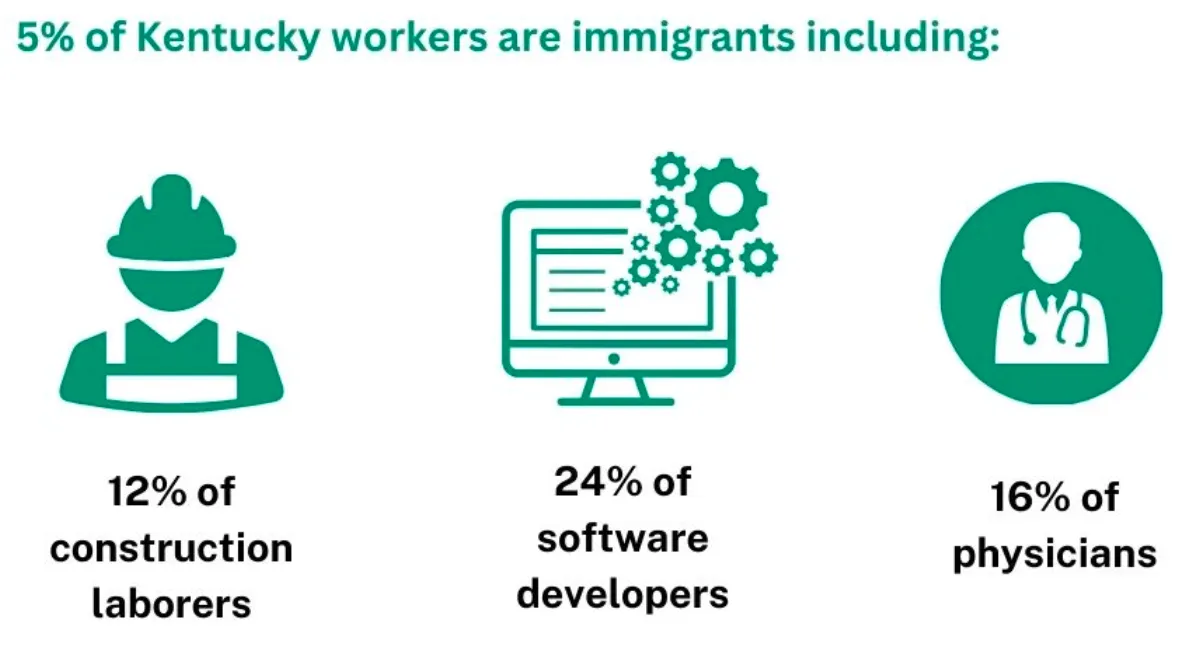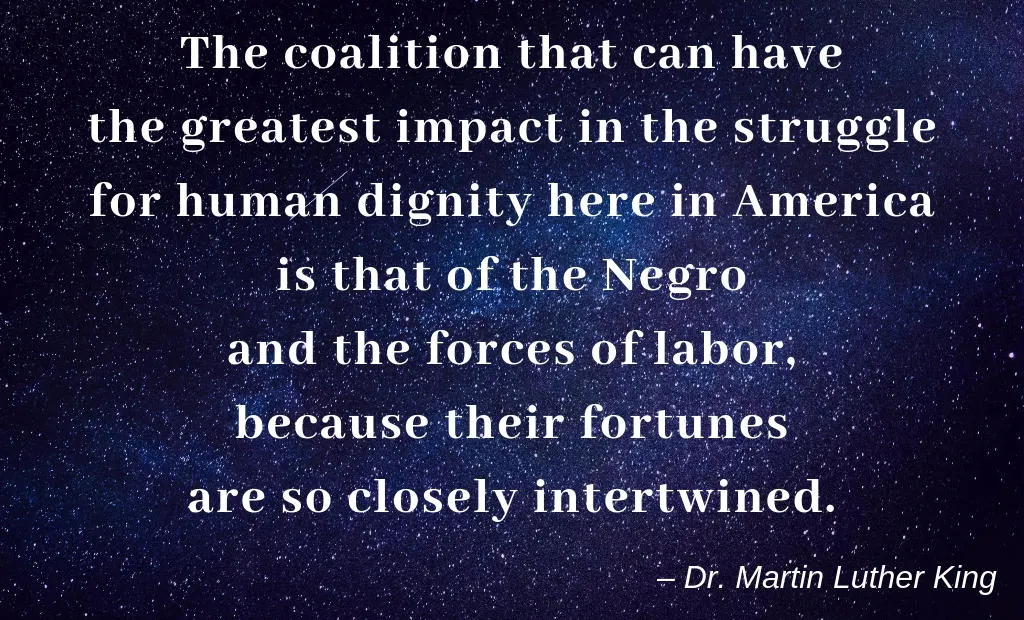Table of Contents
We have heard many voices in our media this year—on both sides of the aisle—comment on how our American political system, the one established by our Constitution, is “broken.”
About a dozen disgusted Republican members of the House of Representatives are retiring early or not running for another term because of the small group of pro-Trump extremists preventing action on important legislation. President Biden’s attempt to improve conditions at the southern border are stymied by Republican unwillingness to pass pro-Republican legislation to address the issue because Trump told them not to do so.
Media sources are telling us that some voters are fearful and others are bored by what might happen in the upcoming presidential election. The fearful ones will vote, I assume, but those bored who don’t vote will probably determine who becomes our next president. What does that say about our civic health?
It is clear that our political system is not working for all Americans. Our Constitution, a brilliant feat in 1789, was not designed for the 21st century. It was written for thirteen colonies that were primarily agricultural, not for 50 very different states in an industrialized and internet-beholden nation. If we accept and think seriously about our differences, it is no surprise that we are an angry, polarized population.
Yet the situation is not hopeless. We don’t need to ignore constitutional and legal provisions when they are inconvenient, as Donald Trump has threatened to do, nor do we need to write a new Constitution. Congress, if it were unified and truly bi-partisan, could make our political system “great again,” and could make America fairer and more just with a few simple majority votes.
Congress could outlaw gerrymandering by ordering states (under Article 1, Section 4) to create voting districts that are not overwhelmingly biased in favor of one party. Congress could also create a better balance between red and blue states by admitting Puerto Rico and the District of Columbia as states.
In addition, by a majority vote, and by using the protection of voting in Section 2 of the 14th amendment, Congress could reform the Electoral College by forcing each state to select electors based upon the proportion of voters for each presidential candidate. No more winner takes all.
Beyond this, Congress could pass a law requiring rank choice voting in all elections to federal office. This would allow voters to indicate first, second, or third or fourth choices etc. If your first choice did not get a majority of votes, the candidate with the fewest first-preference votes is eliminated. Then, if there are more than three candidates (the infamous “Third Parties” we fear), those votes are reevaluated and counted as first-preference choices for the next highest ranked candidate in that round. The process is repeated until one candidate has won a majority. (Wikipedia)
These changes would be possible only if we also changed the way our political parties select candidates. Primary elections should be open rather than closed. Let Republicans and Democrats compete on the same ballot, as is now the case in fourteen states, both north and south. Closed party primaries now encourage extreme rather than centrist candidates. If American voters had more choices, they might select Congressmen and women who better represent the mainstream voter.
In the final analysis, of course, we need more mainstream candidates, such as some of those Republicans who are now abandoning the House of Representatives.
Both political party leaders as well as voters could help end our current polarization by consciously voting against extremist candidates and for candidates who promise to restore the idea that politics is “the art of the possible.” And we need to find candidates who make that promise as soon as possible, and then support them with the money necessary to win election.
“We the people” was a pretty small group in 1789. It is much larger now, both in sheer numbers and in the number of those of us who can vote.
Surely we can find thoughtful political leaders, local, state, and federal, who will focus on bills that will promote “liberty and justice for all,” something we say we want whenever we recite the pledge of allegiance.
--30--








